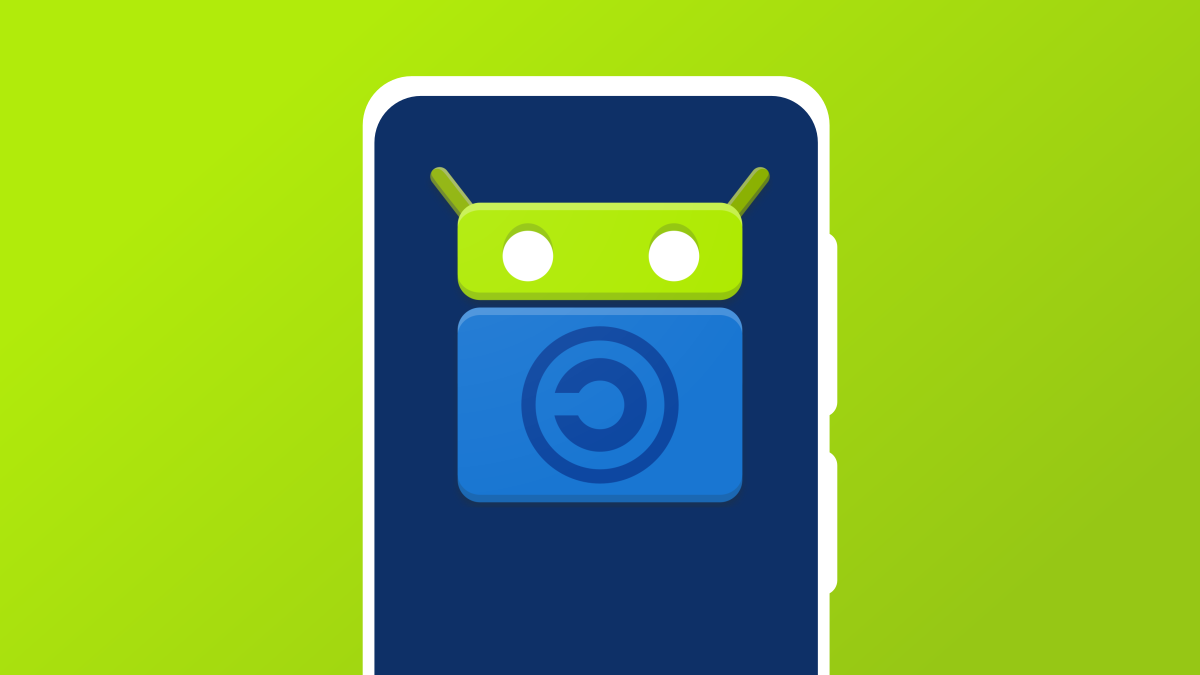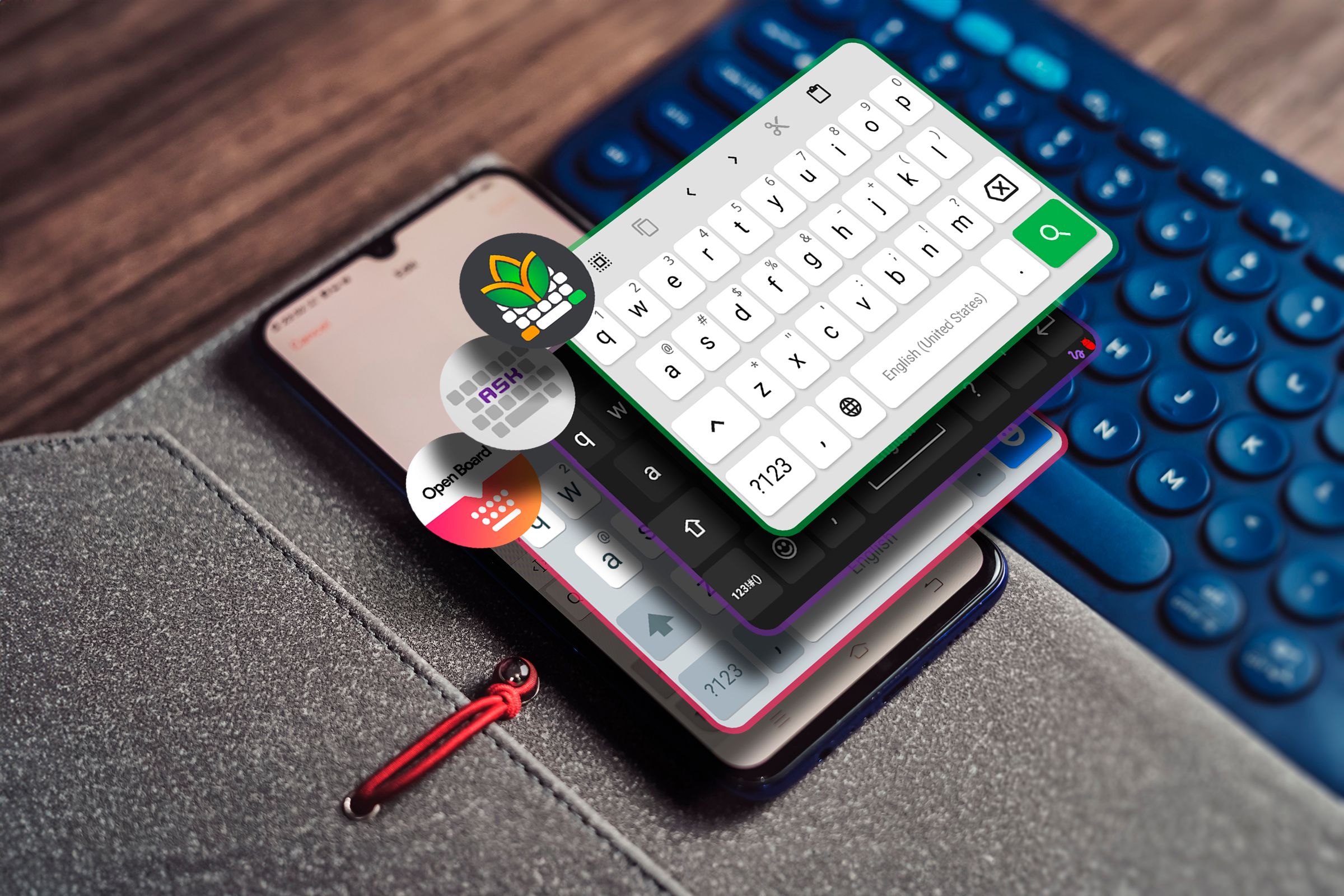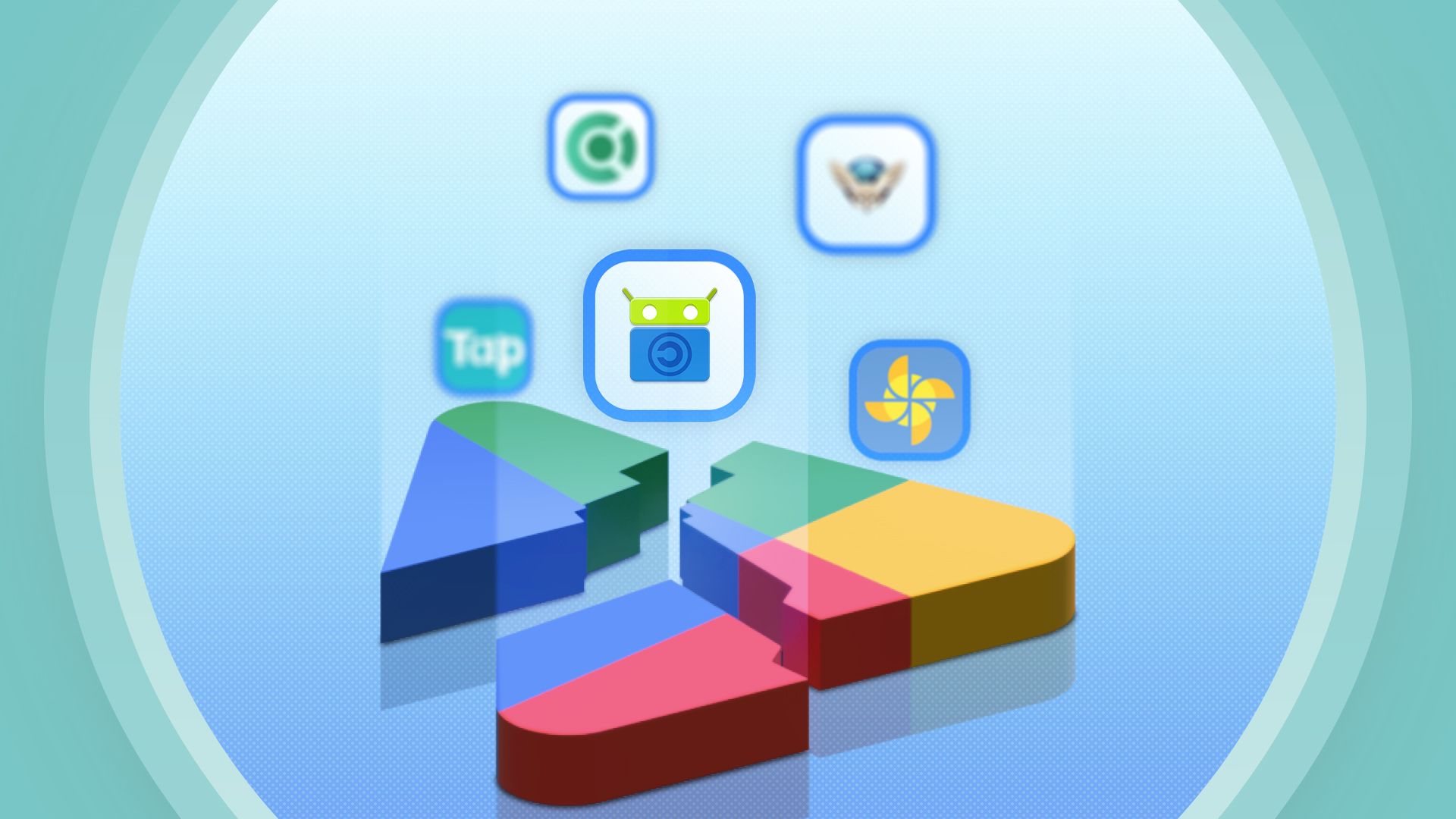Google Messages has much to like and is an excellent messaging app for Android. However, if you are not a fan or don’t want to give Google even more data than it already has about you, some open-source messaging apps are a solid alternative.
These apps prioritize your privacy and security without compromising on essential and helpful features. While there aren’t as many open-source options for texting apps as some of the other categories, you still have some great choices.
4
Fossify Messages
Part of the Fossify suite of solid open-source apps, Fossify Messages is a clean and no-nonsense messaging app that offers all the essentials you would want. There is support for both SMS and MMS, and you can send peer-to-peer and group messages. Other features include the ability to block unwanted messages from specific numbers or prevent messages featuring specific words from reaching your inbox.
There is a built-in SMS backup feature to help you keep an archive of your conversations or transfer them to a new smartphone. You can also customize the app’s look with your preferred colors and add password protection for enhanced privacy and security.
3
Right Messages
Like the Fossify apps, Goodwy’s Right suite of Android apps is a fork of Simple Mobile Tools. Part of this suite, the Right Messages app is another excellent open-source messaging app. One of its highlights is the app design that mimics the Messages app from iOS 16. If you’re a fan of the iOS look or have recently switched from Apple’s mobile platform, you’ll find the app’s design to be familiar and comforting. However, it’s not a complete rip-off.
The app also offers several customization options to tweak the look of various aspects, such as different-colored icons for different contacts, the design of the overflow icon, the design of the speech bubble in texts, and more. You can also import and export your SMS and MMS messages. Additional features, such as blocking support, archiving, password protection for the app, and the ability to select and copy part of an SMS are also available.
2
Deku SMS
Deku SMS is a bit different from my other recommendations, as it offers end-to-end encryption, a feature you won’t typically find in regular messaging apps. As SMS is inherently non-encrypted, the app relies on its own encryption to keep your messages secure. However, that also means the person you are sending your SMS to must be using Deku to get encryption support. Those who don’t have Deku installed will get your texts as regular unencrypted messages.
Another nifty feature that the Deku supports is the ability to send images over SMS messages, something that’s also only possible with other Deku users. This feature is notable because Deku doesn’t have MMS support built-in or uses the internet to send texts.
You also get the ability to sync and forward messages to your custom cloud server. So, whether you have access to your phone or not, you can check your messages.

Related
1
Quik SMS
A revival of the beloved texting app QKSMS, Quik SMS is known for its clean and minimal interface. While you don’t get a ton of customization options, there is support for different color themes and automatic contact colors. The app also includes all the basics you need, such as support for both SMS and MMS, scheduled messages, SMS backup and restore, and message blocking.
In other highlights, you can add a delay to sent messages, send voice messages, attach pretty much any file to your texts, and get support for an external text-to-speech service. While the app doesn’t offer numerous fancy features, its no-frills approach is preferred by many.
Where Is the RCS Support?
Unfortunately, you won’t typically get RCS support in third-party messaging apps, whether they are open or closed source, as it’s a pretty complex and expensive endeavor that requires either extensive network-level integration or access to Google’s Jive Mobile platform API, both of which are a bit too much for small or independent developers. There are some third-party RCS platforms, but these are primarily limited to RCS business messaging rather than peer-to-peer RCS.
Samsung Messages used to be one of the only third-party apps to offer built-in RCS support. However, that’s also largely gone, as carriers such as Verizon have stopped offering RCS messages through the app and instead encourage you to use Google Messages.
Android is home to a plethora of impressive open-source apps that serve as excellent alternatives to their closed-source counterparts. The messaging apps that I have discussed are just a sliver of this ecosystem. If you’re interested in more fantastic apps like these, check out our guide to the best open-source Android apps and its follow-up, featuring nine more open-source apps.



